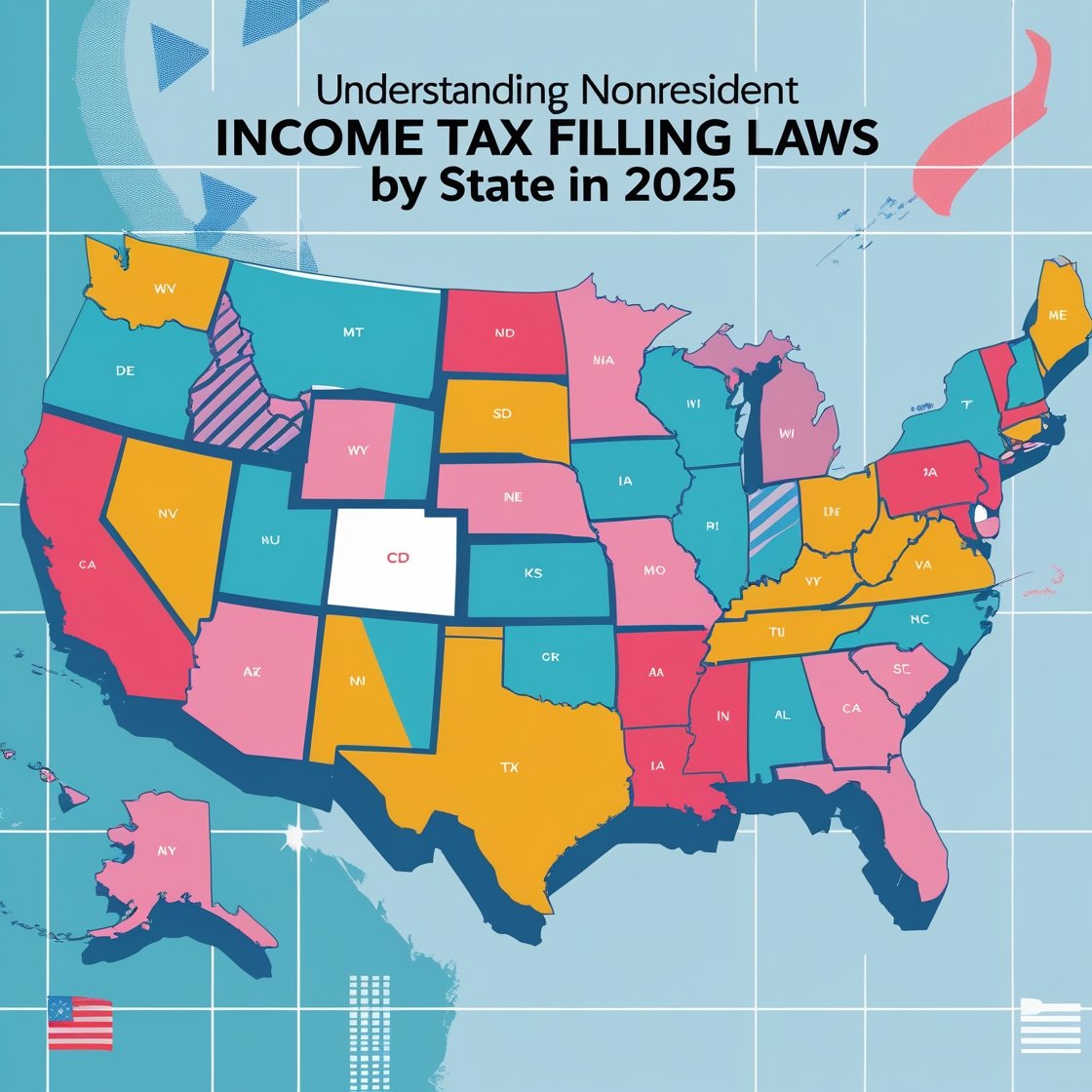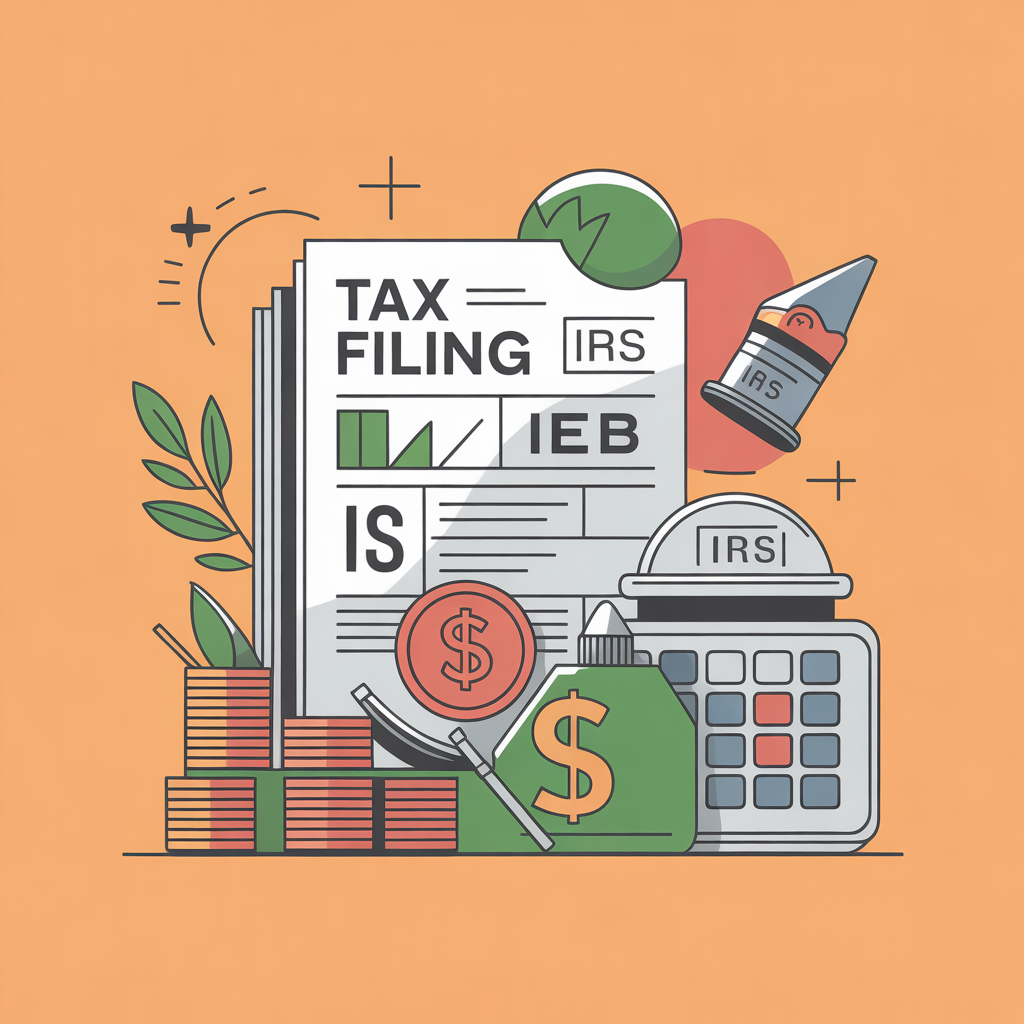As the U.S. workforce becomes increasingly mobile, understanding nonresident income tax obligations is crucial. Whether you’re a remote worker, a traveling consultant, or someone earning income across state lines, each state has its own rules that can significantly impact your tax responsibilities. Here’s an overview of the nonresident income tax filing landscape across the United States in 2025.
States Without Income Tax
As of 2025, eight states do not impose a state income tax
- Alaska
- Florida
- Nevada
- New Hampshire (repealed its tax on unearned income effective January 1, 2025)
- South Dakota
- Tennessee
- Texas
- Wyoming
Residents and nonresidents earning income in these states are not subject to state income tax.
Filing Thresholds for Nonresidents
States vary in their requirements for when nonresidents must file income tax returns. Some states require filing after just one day of work, while others have income or day-based thresholds. Here’s a snapshot
- One-Day Threshold States: In states like California, Illinois, and New York, nonresidents must file a tax return if they work in the state for even a single day.
- Income Threshold States: Minnesota requires nonresidents to file if they earn more than $14,950 from Minnesota sources.
- Day-Based Threshold States: Connecticut requires filing after more than 15 days and income over $6,000. Maine requires filing after more than 12 days and income over $3,000.
These thresholds aim to balance tax compliance burdens with the administrative costs of processing returns.
Withholding Requirements
Employers must withhold state income taxes for nonresident employees based on specific thresholds
- Georgia: Withholding is required if a nonresident employee works in the state for more than 23 days, earns more than $5,000, or earns more than 5% of their total income in Georgia.
- Maine: Withholding is required if a nonresident works more than 12 days and earns over $3,000 from Maine sources.
- Minnesota: Employers must withhold taxes if they expect to pay an employee $14,575 or more in total income, regardless of where the income is earned.
These rules can be complex, and employers should consult state-specific guidelines to ensure compliance.
Special Considerations
- Key Employee Rules: Some states, like Montana, North Dakota, and Utah, have specific rules for “key employees,” often defined by income thresholds or ownership stakes. These rules can affect filing and withholding obligations.
- Remote Work: The rise of remote work has prompted discussions about tax obligations for remote employees. The Mobile Workforce State Income Tax Simplification Act of 2025 aims to provide uniformity for nonresident state and local income tax withholding and filing requirements.
Compliance Tips
- Track Your Work Locations: Keep detailed records of where and when you work in different states to determine your filing obligations.
- Understand Reciprocity Agreements: Some neighboring states have agreements that allow residents to work in one state while only paying taxes in their home state.
- Consult Tax Professionals: Given the complexity of state tax laws, especially for nonresidents, seeking professional advice can help ensure compliance and optimize tax outcomes.
Navigating nonresident income tax laws requires careful attention to each state’s specific rules. Staying informed and proactive can help you manage your tax responsibilities effectively in 2025 and beyond.
Contact us: +1 (972)-996-6644
Email us : info@theriwa.com Visit our website : https://theriwa.com/






